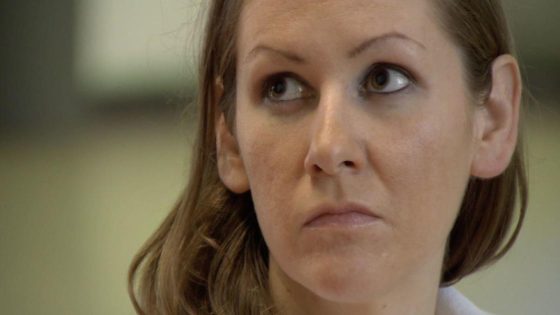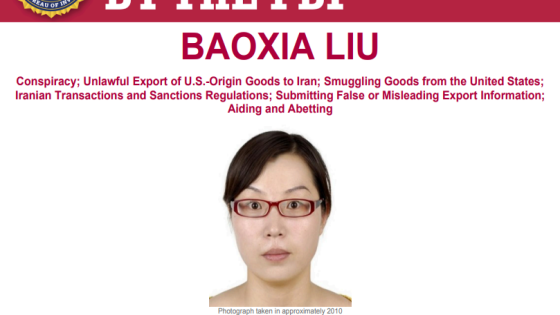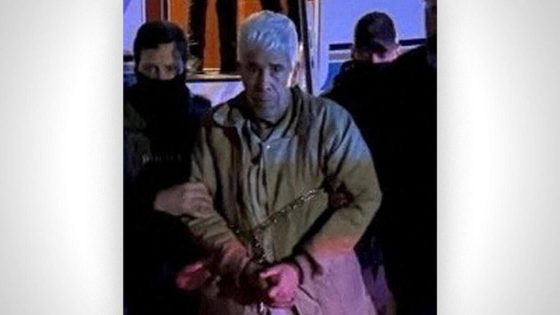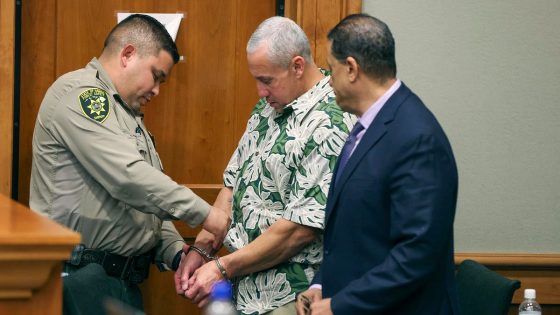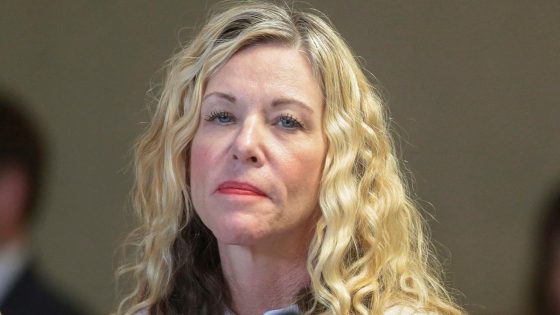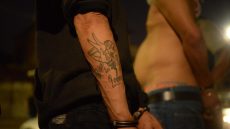On January 14, 2009, the life of Melissa Calusinski took a catastrophic turn. Working as a teacher’s aide at the Minee Subee day care in Lincolnshire, Illinois, the then 22-year-old noticed something alarming: a 16-month-old boy named Benjamin Kingan was unresponsive and foaming at the mouth. After 911 was called, Ben was rushed to the hospital but was pronounced dead an hour later, an event that would spark an intense legal battle and transform Calusinski into a symbol of alleged wrongful conviction.
- Former daycare worker claims innocence after conviction
- Melissa Calusinski served 16 years of 31-year sentence
- Case features new interviews and evidence
- Pathologists disputed evidence of child’s injury
- Clemency petition filed for Calusinski’s release
- Governor’s decision on clemency pending
In the immediate aftermath of Ben’s death, the investigation focused on Calusinski. During a grueling nine-hour police interrogation, she repeatedly denied any wrongdoing—more than 60 times. Yet, under the immense pressure of the situation and without legal representation, she ultimately confessed to having thrown the child to the ground. “The only way for me to get out was to make a confession, a false confession,” she later recounted, illustrating the emotional toll and psychological manipulation she encountered.
Prosecutors were quick to paint Ben as a perfectly healthy child before his tragic death. Dr. Eupil Choi, the pathologist who conducted the autopsy, testified that he found a skull fracture and extensive bleeding, concluding that the injury was the result of a violent incident. He noted there were no visible external injuries, but insisted the head trauma could only have occurred through strong force in the hours preceding Ben’s death. This testimony became a cornerstone for the prosecution’s narrative.
Throughout her trial in November 2011, Calusinski’s defense attorney, Paul De Luca, struggled under the weight of incriminating evidence—primarily the assertions from forensic experts who claimed to have detected a skull fracture and signs of abuse. However, De Luca pointed out that he had received dark and unclear X-rays before the trial, limiting his ability to counter the prosecution’s claims effectively. He argued that Calusinski was innocent and that her confession was coerced, emphasizing that an earlier injury Ben had sustained at day care three months before his death could have contributed to his condition.
Despite the defense’s efforts, the jury returned a guilty verdict, sentencing Calusinski to 31 years in prison. Over the years, she persisted in seeking exoneration through appeals that were consistently denied. But the case took new life in 2015, as Dr. Thomas Rudd, the newly elected Lake County coroner, reexamined the autopsy evidence. He discovered that Choi had failed to notice signs of an old head injury that had likely been exacerbated by Ben’s habit of throwing himself backward—a pattern that had been witnessed by another daycare worker on the day of his death.
As the discourse around the case continued to evolve, new evidence emerged. In 2022, the new Lake County State’s Attorney, Eric Rinehart, became involved and suggested an independent review of evidence concerning the contested X-rays. A digital forensics company concluded that the original X-rays provided to the defense had been manipulated, rendering them unreadable and raising significant doubts about the integrity of the evidence presented during the trial.
With hope rekindled, Calusinski’s defense team filed a clemency petition, seeking intervention from Illinois Governor JB Pritzker. A hearing was scheduled for July 2024, aimed at presenting the case for her release. Leading up to this high-stakes meeting, experts, including a psychologist who evaluated Calusinski’s susceptibility to false confessions, provided compelling narratives about her mental state at the time of her interrogation and trial.
However, the situation took a surprising turn days before the clemency hearing when Rinehart expressed opposition to Calusinski’s petition, asserting that no new evidence warranted her release. This resistance set the stage for an emotional plea from Calusinski’s team at the hearing, where they emphasized her innocence and the mishandling of evidence.
In the wake of the clemency hearing, the prisoner review board made a confidential recommendation to the governor, but there was no deadline for action. Calusinski, trapped in a reality she claims she did not create, expressed her desperate hope for a fair review of her case, stating, “I would say, ‘Just please, look at my case…I didn’t do this.’”
As the legal battle rumbles on, the implications of Calusinski’s case resonate far beyond its courtroom confines, gathering attention on the systemic flaws within forensic procedures and the psychological strains faced by individuals trapped in high-pressure interrogation situations. As developments unfold, the outcome remains uncertain, but for Calusinski, every new day holds the potential for freedom from a fate she believes was unjustly thrust upon her.



